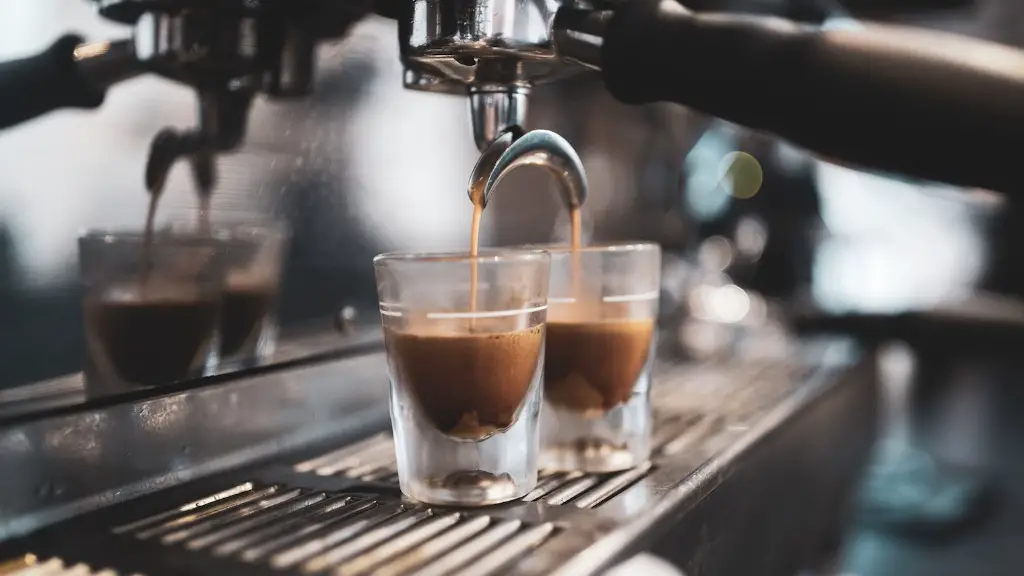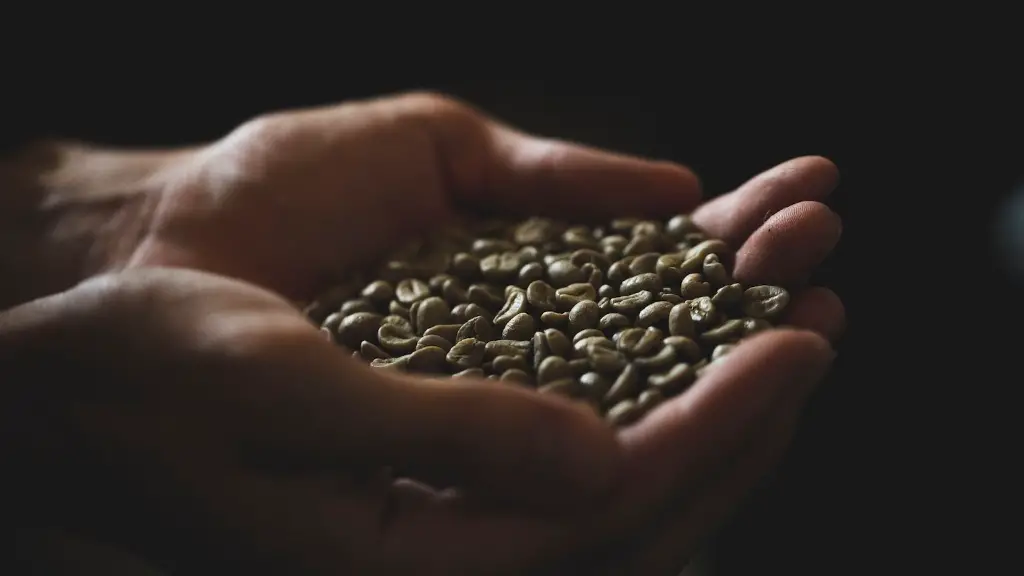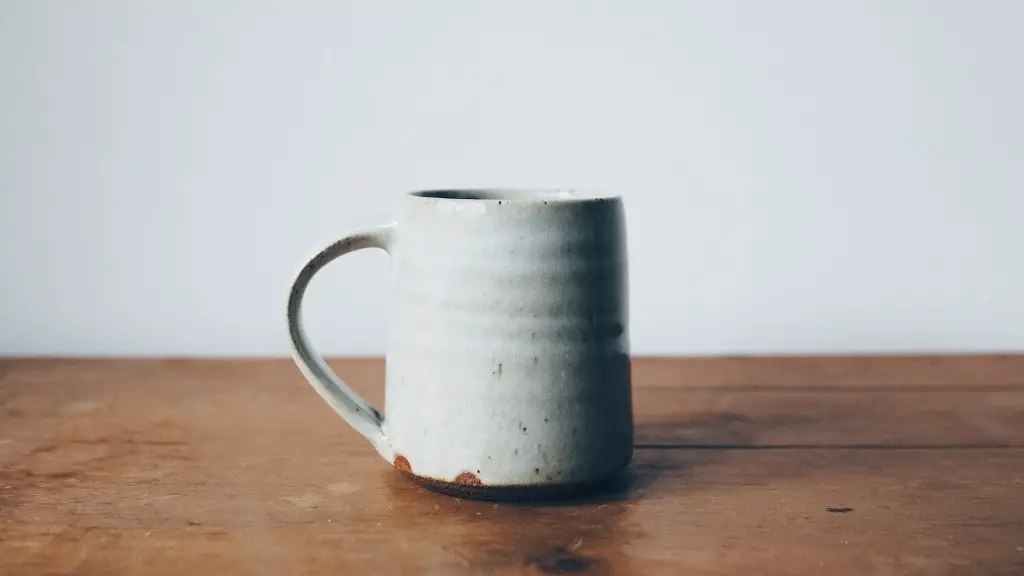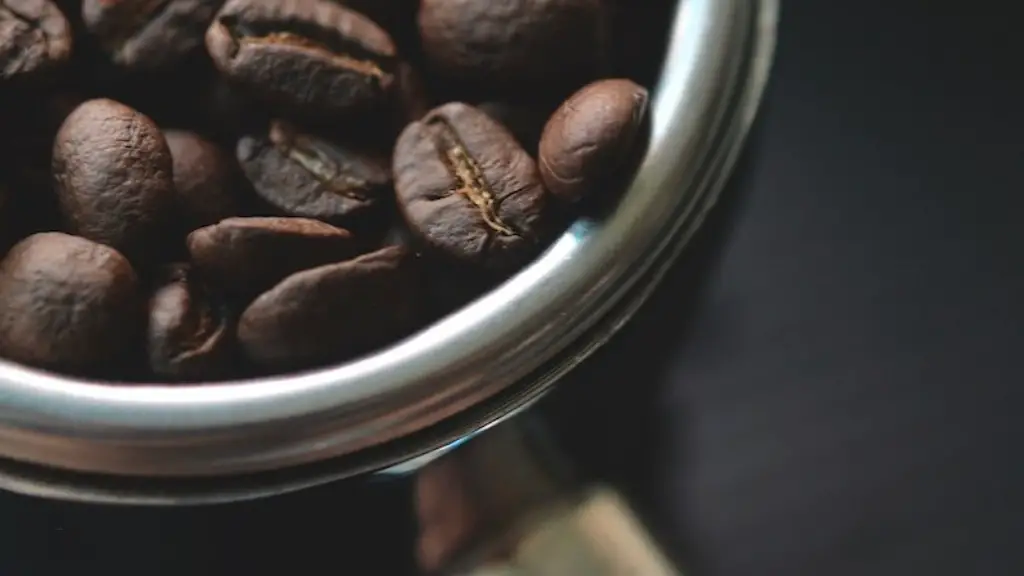Coffee is a popular beverage in many parts of the world. It’s often seen as a pick-me-up and an essential part of many people’s morning routine. But can drinking too much coffee damage your kidneys?
Experts agree that while moderate consumption of coffee – such as a daily cup or two – won’t harm your health, there are potential health risks associated with excessive coffee consumption. A report by the American Kidney Fund lists potential risks of excessive coffee drinking, including dehydration, elevated blood pressure, and an increased risk of kidney disease.
Medical research has revealed that coffee contains a number of compounds that can be beneficial for maintaining kidney health. Caffeine, for example, can help increase urine output, reducing the risk of kidney stones. However, the same compounds can be damaging in high doses. Too much caffeine can lead to dehydration, inflammation and electrolyte imbalance, which can cause kidney damage.
Research suggests that people who consume more than three cups of coffee a day are at an increased risk of developing chronic kidney disease. A study conducted by researchers from Kaohsiung Veterans General Hospital in Taiwan found that people who drank four or more cups of coffee a day were twice as likely to develop chronic kidney disease as those who drank three cups a day or fewer.
Some people are particularly at risk. Individuals with existing kidney issues, such as those suffering from chronic kidney disease, should limit their caffeine intake to two cups of coffee a day, as excessive amounts could worsen their condition. Pregnant women should also watch their caffeine intake, as increased amounts of caffeine can affect the growth of the baby.
The good news is that consuming moderate amounts of coffee daily may still have some benefits. Studies suggest that drinking two cups of coffee a day may reduce the risk of developing kidney disorders, including glomerular filtration rate (GFR) decline, acute kidney injury and chronic kidney disease. In general, it is best to take your doctor’s advice when it comes to caffeine intake.
Risks Of Excess Caffeine
Excess caffeine consumption can lead to nervousness, irritability, digestive problems, insomnia and headaches. In some cases, it can even lead to cardiovascular problems. It can also exacerbate pre-existing medical conditions, such as hypertension, type-2 diabetes and irritable bowel syndrome. As well as drinking too much coffee, other sources of caffeine include energy drinks, chocolate-flavoured foods and soft drinks.
The amount of caffeine in coffee can vary greatly depending on the type of coffee beans used, the amount of coffee used, the brewing method and the strength of the brew. Generally, an 8-ounce cup of brewed coffee contains approximately 95-200 milligrams of caffeine, while the same amount of espresso contains around 40-75 milligrams of caffeine. It’s important to take these factors into account when considering your caffeine intake.
What Are The Signs Of Kidney Damage?
If you have consumed too much caffeine, keep an eye out for the following signs of kidney damage: a decrease in urination, dark-coloured urine, swelling in the ankles and feet, fatigue, nausea and vomiting.
In some cases, kidney damage can be reversed if it is caught early. The treatment typically involves lifestyle changes, such as cutting down on caffeine and increasing your intake of water. In extreme cases, surgery may be necessary. If you think you have kidney damage, it is best to seek medical advice as soon as possible.
What Is The Recommended Intake Of Coffee?
It is recommended that adults should limit their caffeine intake to 400 milligrams a day, which is equivalent to four or five cups of coffee. For those with existing kidney conditions, the recommended intake is no more than 200 milligrams a day. It’s also recommended that pregnant women should limit their intake of caffeine to 200 milligrams a day.
To make sure you stay within the recommended intake of caffeine, it’s important to keep track of your coffee consumption. You may choose to switch to decaffeinated coffee, which contains very little caffeine compared to regular coffee. If you’re looking for an alternative to coffee, there are plenty of tea-based drinks that are caffeine-free, such as rooibos, fruit teas and herbal teas.
Tips To Avoid Kidney Damage
There are a few simple steps you can take to ensure that you don’t consume too much caffeine. Firstly, try to monitor your caffeine intake by keeping track of the number of cups of coffee you drink in a day. Secondly, replace some of your regular coffee drinks with decaffeinated versions or caffeine-free alternatives. Finally, be sure to stay hydrated by drinking plenty of water throughout the day.
And, if you’re feeling wary about the effects of too much caffeine, it may be best to speak to your doctor. They can provide tailored advice based on your medical history and lifestyle.
Alternatives To Coffee
As well as tea-based drinks, there are plenty of other caffeine-free alternatives to coffee. Hot chocolate is a great alternative which contains antioxidants and polyphenols. Green tea provides a mild boost of energy and contains beneficial antioxidants, while oat milk is a popular choice among those looking for a creamy, caffeine-free alternative. There are many other options, including dandelion coffee, chicory and matcha.
By reducing your reliance on coffee and exploring caffeine-free alternatives, you can reduce your risk of kidney damage while still getting your morning energy boost.
The Effects Of Caffeine On The Body
Caffeine is a stimulant found in many beverages, including coffee and energy drinks. It is known to affect the central nervous system, causing increased alertness and energy. However, it is important to be aware of the possible effects of caffeine on the body. It can cause increased heart rate and blood pressure, focus issues and even dizziness.
It is important to note that the effects of caffeine on the body depend on several factors, such as age, weight, gender and health. Different people react differently to caffeine, and it is best to speak to your doctor to find out what is safe for you. It is also important to be aware of the signs of caffeine overload and speak to your doctor if you are experiencing any of the signs mentioned earlier.
Conclusion
Excessive consumption of coffee can be damaging to your health, so it’s important to be aware of the risks. It’s best to seek medical advice if you are concerned about your coffee consumption, and explore alternatives if you feel that you need to reduce your intake. By following these steps, you can ensure that you stay within the recommended limits for caffeine intake and keep your kidneys healthy.




